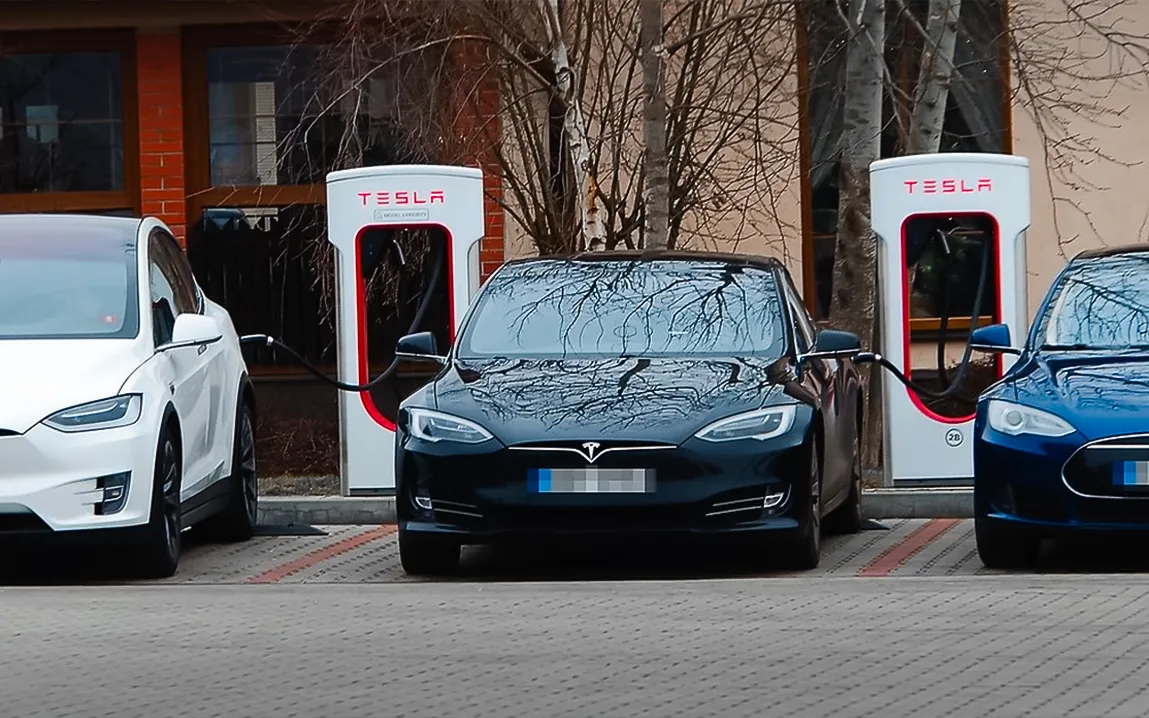Stanford University researchers have found that the real-world life of electric vehicle batteries can be increased by up to 40%, potentially driving down ownership costs and making more appealing to consumers.
New evidence suggests that electric vehicle batteries can last up to 40% longer than initially assumed. In a paper published on December 9, 2024, in Nature Energy, Stanford University researchers suggest that actual driving conditions—that is, acceleration, braking, and resting periods—are more taxing on batteries, resulting in them lasting longer in real-world conditions than those predicted by traditional laboratory estimates.
Traditionally, battery tests use constant discharge and recharge cycles, which hardly represent the normal driving of people. The Stanford researchers tested the batteries under normal patterns of usage, such as stop-and-go city driving, highway driving, and idling. They found that these conditions cause a more gradual battery degradation than is expected. Real driving with frequent acceleration, braking that charges the batteries a bit, stopping to pop into a store, and letting the batteries rest for hours at a time helps batteries last longer than we had thought,” senior author Simona Onori noted.
This has enormous implications for EV owners because expensive battery pack replacement or even the acquisition of new vehicles could be postponed, thus enhancing the economic attractiveness of electric cars. In addition, longer-lasting batteries could be an upside to the used resale value of EVs since it has been one of the major concerns of many buyers who are put off by their perceived short battery life.
The research also focuses on the relevance of matching laboratory test protocols to real-world driving patterns for accurate estimates of battery lifespan. This would give more reliable data and therefore would benefit the manufacturers and consumers alike.
In summary, the study presents encouraging news for existing and future owners of EVs: that their cars’ batteries might last longer than many expect, which will mean lower long-term costs for owning an EV and support wider adoption of electric vehicles.



